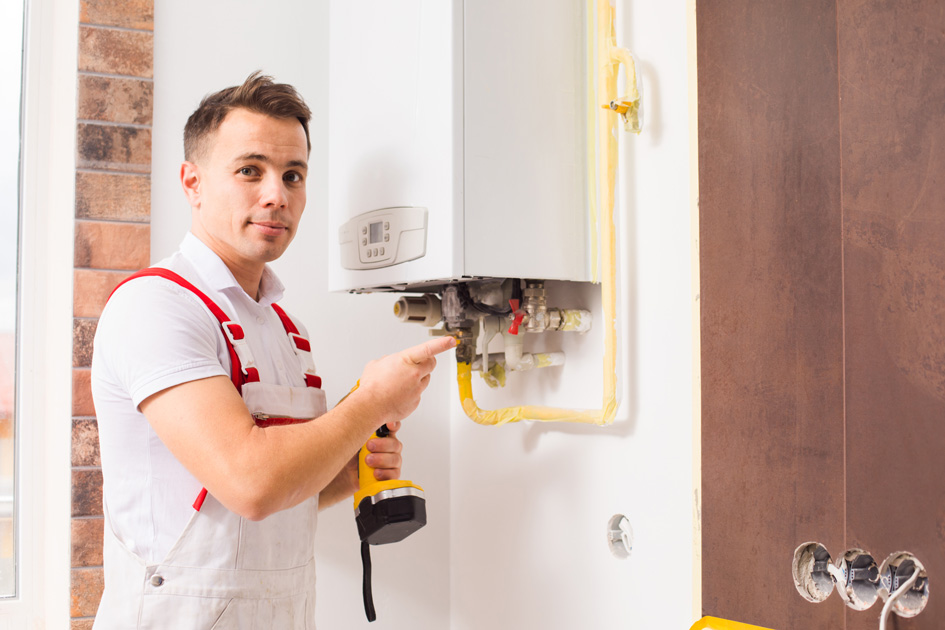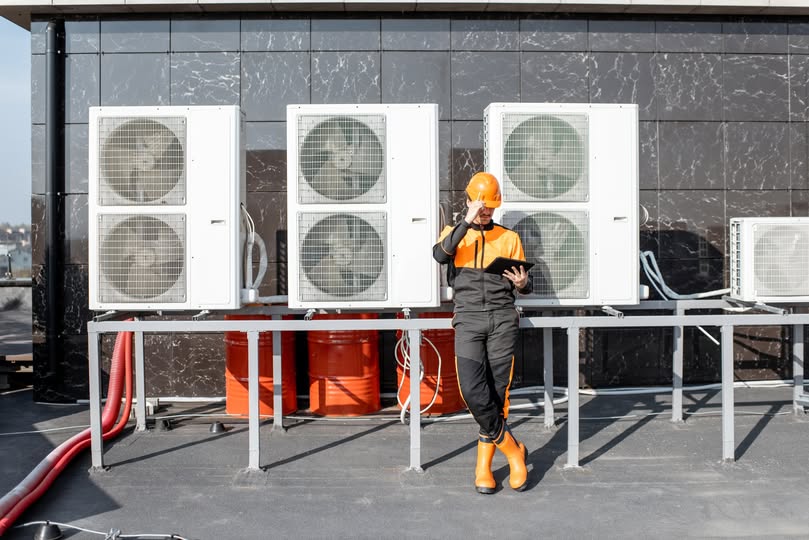If you are a homeowner in the Toronto area, you must know about boilers in Toronto. One of the most important (but often overlooked) pieces of equipment in your home is the boiler. If you're not sure what a boiler is or what it does, don't worry. We will teach you everything you need to know about boilers.
How Do Boilers Work?
A boiler is a closed vessel in which water or other fluid is heated. Boilers work by circulating hot water or steam through a system of pipes in your home. The heat from the water or steam warms the air in your home and is circulated through ducts. This type of heating is very efficient. You can use it in various processes or heating applications, such as central heating, boiler-based power generation, cooking, and sanitation.
What Should You Know About Boilers?
You should keep in mind a few things if you're considering having a boiler installed in your home.
- Boilers require regular maintenance to keep them running correctly. You'll need to have your boiler serviced by a qualified technician at least once a year.
- They can be noisy. If you have young children or are sensitive to noise, you may want to consider another type of heating system for your home.
- Boilers can be expensive to operate. They typically use more energy than other heating systems, so you'll see an increase in your energy bills when you switch to a boiler. However, the money you'll save on your heating bills may offset the cost of the higher energy bills.
Pros and Cons of Having a Boiler
Some of the pros include that boilers are very efficient and can save you money on your energy bills. Additionally, boilers are low maintenance and can last for many years with proper care. However, there are also some cons to consider. For example, if your boiler breaks down, it can be expensive to repair or replace. Additionally, boilers are noisy and can be disruptive if you have young children or are sensitive to noise.
Why You Should Have a Boiler
Even though there are some cons to having a boiler, there are also many pros. Boilers require very little maintenance and can last for many years if cared for properly. If you're considering whether or not to install a boiler in your home, weigh the pros and cons carefully to make the best decision for your situation.
As you can see, there are both pros and cons to having a boiler in your home. However, the pros may outweigh the cons for some homeowners. A-Plus Quality provides a full range of heating and cooling services in Toronto, including the installation of boilers. If you're considering having a boiler installed in your home, talk to professional heating and cooling contractor for more information. Call us today!
Are you a loyalty program member of A-Plus Quality? Just for reading our blog post today, we would like to give you 1000 bonus points, add them to your account with the code: AP22APR3. Not a member? Don't worry, sign up and start earning points today. Download the App and add perk codes to get your bonus. New members receive a free $50 welcome gift! Do not miss the opportunity to get more points, check out our Facebook and Instagram for more codes.



